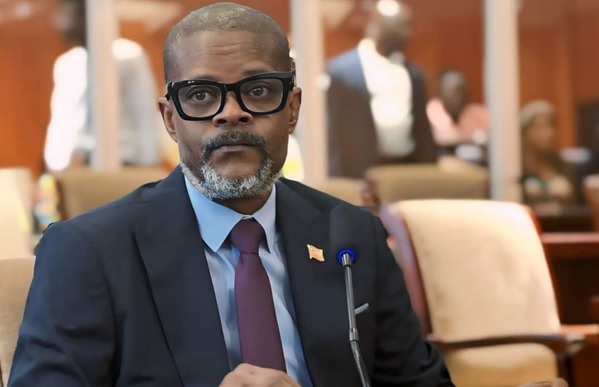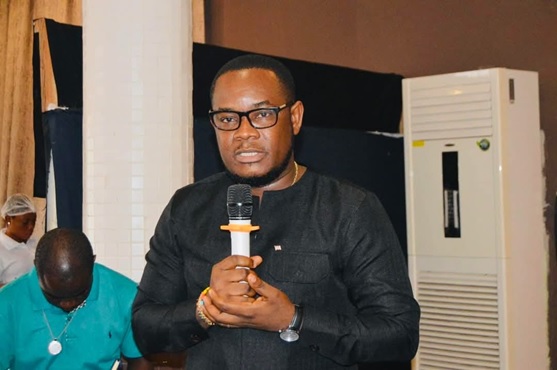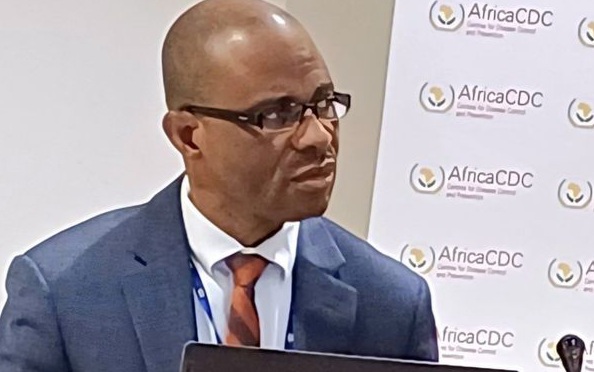MONROVIA, LIBERIA – Senator A. Darius Dillon’s recent public apology to former President George Weah has ignited a storm of controversy, with accusations of political hypocrisy dominating public discourse. The Montserrado County legislator, who had previously criticized Weah for his frequent use of private jets, admitted during a January 13, 2025, appearance on OK FM that such criticisms might have been unfair. This unexpected admission has drawn sharp criticism from his political peers and the public alike.
“I want to sincerely apologize to former President Weah,” Dillon said on the program. “We spoke out at the time without fully understanding the unique demands of the presidency, including the need for private jets for security and logistical reasons.” This statement marked a stark reversal for Dillon, who was once one of Weah’s most vocal critics on the issue.
Sinoe County Senator Augustine Chea was among to respond, accusing Dillon of insincerity and political deception. In a strongly worded opinion piece titled “Confronting the GUILT of Deception: The Case of the Apology of Senator Dillon,” Chea dismissed the apology as a calculated attempt to manipulate public perception. “The deceptive thing to do is to say that he was wrong for criticizing former President Weah,” Chea wrote. “This is not an honest apology; it is political chicanery designed to save face amidst public disapproval.”
Chea’s critique drew on the philosophical insights of Hannah Arendt, who argued that deception often becomes a tool in politics when it serves a desired end. “Truthfulness has never been counted among political virtues,” Chea quoted, implying that Dillon’s apology exemplifies this troubling reality. “This apology is not about accountability; it is about deflecting criticism of President Boakai, who is now facing similar scrutiny for his use of private jets.”
The controversy has reawakened debates over the ethical standards of Liberian politicians and the double standards that often characterize political discourse. Critics argue that Dillon’s initial criticism of Weah was driven more by political opportunism than genuine concern for accountability. Now, by apologizing, they claim he has revealed a willingness to shift positions for political convenience.
Supporters of Dillon, however, have defended his apology as a sign of growth and maturity. “It takes courage to admit when you’ve made a mistake,” said one caller on a local radio program. “Dillon is showing us that he’s willing to learn and evolve, which is more than we can say for most politicians.” Still, even among his defenders, doubts remain about the timing of the apology, with some questioning whether it was prompted by genuine reflection or mounting public pressure.
The apology has also put President Joseph Nyuma Boakai under the spotlight. Despite his campaign promises of fiscal prudence, Boakai has faced criticism for using private jets during his presidency, echoing the practices of his predecessor. Dillon’s apology, some argue, inadvertently draws attention to these contradictions within the current administration.
Public reaction to the controversy has been deeply split. While some view Dillon’s admission as a step toward greater accountability, others see it as emblematic of a culture of political inconsistency. “This isn’t about the jets,” said a political analyst. “It’s about integrity and whether our leaders are willing to hold themselves to the same standards they demand of others.”







